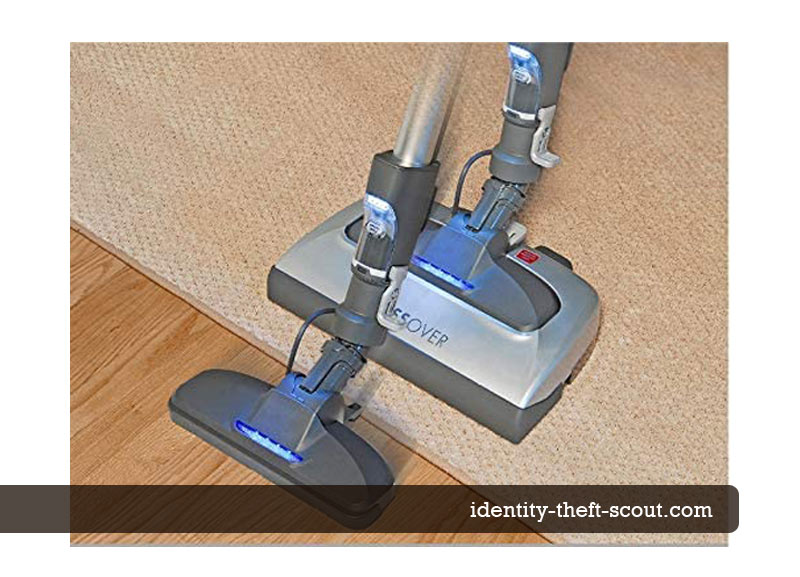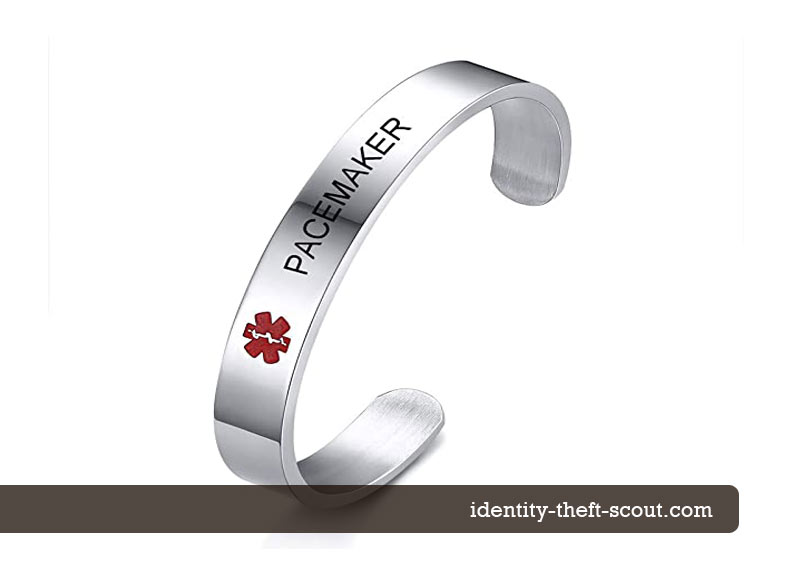
Smartphones, computers, and social media accounts are some of the first things people imagine they need to protect from being hacked and security flaws. Serious cybersecurity measures are often imagined as something that is only meant for large corporations or companies.
But did you realize that there is a whole world of objects around you that hackers might still be able to compromise, infiltrate, and hack?
The Internet of Things (or IoT)
IoT describes a world of Bluetooth and internet-connected devices that includes smart fridges, vacuum cleaners, self-driving cars, and anything else with a connection.
If it classifies as an object within the Internet of Things, your personal information and everyday movements might be much more obvious to hackers than you would ever like them to be.
Even if someone cannot hack your own personal devices, there might be a hundred more devices within your immediate proximity that are far more vulnerable to the same type of exploit.
Do you still believe that your personal information is completely safe, and that you are taking enough measures to keep it that way?
The following news reports read like horror stories of the internet age.
Smartphones and computers are not the only vulnerable things anymore – and if you pay attention to these tales, you will never go to sleep with your Bluetooth left on again.
Internet security has changed. It is no longer what most people imagine in a world where almost anything can connect to the internet, where it is vulnerable to being penetrated by third parties for their mischievous fun or profit.
Here are 6 things that you will not believe have been infiltrated, compromised, or hacked before – and more information on how to keep your own devices secured from the dangers that could be lurking online.
1. Self-Driving Cars

Self-driving cars might be the most obvious entry on this list.
Vehicles which rely on an internet-connected system to do most of its driving, will be vulnerable to third-party hacking – and researchers have already explored just how far the vulnerability in self-driving cars could be pushed.
A feature article in Physics World explores this vulnerability, though the same concern has been raised by many others, including Forbes.
With access to a self-driving car’s system, hackers could easily switch the car off in the middle of nowhere – or lead the driver anywhere they desired.
2. Babysitter Dolls

Babysitter or nanny dolls became popular for concerned parents who wanted to keep a remote eye on their children (or sometimes, their carers) through dolls that record accessible voice or video information.
According to a 2017 BBC piece a massive recall of babysitter dolls was ordered from a German manufacturer when parents reported just how easy the system was to hack.
With simple Bluetooth access, a hacker could monitor all the information captured by the doll from a distance. Depending on the model, this access might even be in real-time.
That is a truly terrifying thought.
3. Vacuum Cleaners

Forbes announced a massive vulnerability found in smart vacuum cleaners during 2020.
More reports explore the vulnerability for Science Daily.
If you own one now or have ever thought of getting one for the house, pay attention. Vacuum cleaners are just as easy to hack as babysitter dolls – and statistically, they might be found in more houses.
The statistics recorded by vacuum cleaners can include its movements, its location, and sound.
That is also a scary thought.
4. Smart Fridges

Smart fridges are meant to be easier for the consumer and open a world of possibilities for what you can do with your fridge.
From ordering food through to watching TV while you cook, the smart fridge can be a great addition to any home or corporate kitchen – but unfortunately, hackers can exploit them with more ease than you imagine.
According to a 2014 news report from NBC News, security firm Proofpoint uncovered a hack where smart fridges were exploited to send out spam messages.
The same report says that more than 750, 000 emails were sent this way.
That is a lot of spam for a smart fridge.
5. Pacemakers

Internet and Bluetooth-connected medical devices which send your information straight to your doctors or hospitals are becoming more commonplace – but so are the vulnerabilities that might come with them.
According to a report issued by the United States Department of Homeland Security, common pacemaker software is open to easy hacking.
The danger means that medical statistics could easily become an open book for hackers on the prowl. Recommendations include extra security measures implemented in medical devices from the start.
The original report states, “An attacker with adjacent short-range access to an affected product, in situations where the product’s radio is turned on, can inject, replay, modify, and/or intercept data within the telemetry communication,”
While no hacks had been reported at the time of the 2019 report, it shows why we should be more serious about the security of medical devices and any software used within the medical field.
6. CloudPets

If you have not heard of a CloudPet, let us explain that before moving on. CloudPets are interactive children’s toys – and they are the kind that allows for parents and children to send interactive messages to one another.
While the initial concept might have looked like a good idea, its implementation and the sheer connectivity idea is what makes it more dangerous.
When children’s toys connect to the internet (or via Bluetooth), there is an obvious danger – and there will always be hackers willing to exploit it if they can.
In the case of CloudPets, a 2017 news report from CNet reveals that hackers used the toy to siphon personal info and hold it for ransom.
Additional security concerns have been raised by parents, who say that the system is far too easy to hack – and certainly not safe for children.
Even if you do not specifically own a CloudPet, many parents allow their children access to a smartphone which has just as much capacity to be hacked.
This is a guest post contribution from Alex J Coyne
Editor’s Note
Alex writes excellent cybersecurity guest post articles for us and it looking for paid work in that field. If you are looking for a top cybersecurity writer send us an email at john@identity-theft-scout.com and we will put you in touch with him.
Installing child-safe software and enabling child-locks where
you can be one way to secure a device more.


